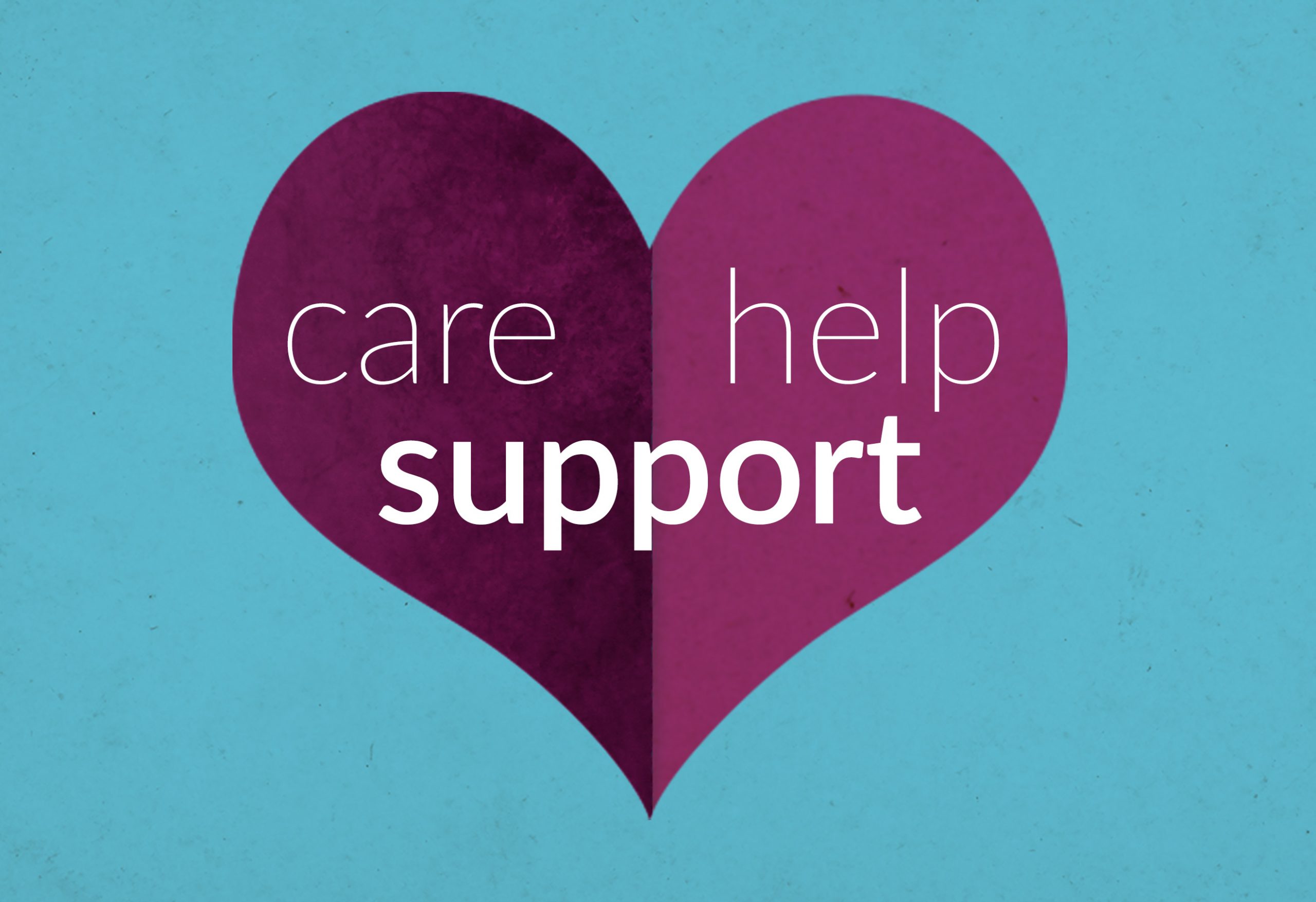
5 Things to Say to Patients and Caregivers Besides ‘I’m So Sorry’
CaringBridge users confirm what Ryan O’Neal said to Ali MacGraw all those years ago: “Love means never having to say you’re sorry.” (Readers born after 1970 can catch “Love Story” on Netflix.)
While it’s a reflex to respond to news of a cancer diagnosis, stroke, illness, injury or any health crisis with an automatic, “I’m so sorry,” patients and caregivers on the receiving end of these words may wish for something less automatic and more hopeful.
‘I’m So Sorry’ Can Feel Discouraging
CaringBridge author Susan Miller, whose partner, Cyteria Knight, continues healing after a brain aneurysm and stroke, said, “I appreciate everyone’s comments, but when I read, ‘I’m so sorry,’ so many times, it can feel a little discouraging.”
(Here are 7 more things you should avoid saying to patients or caregivers.)
In general, messages that make patients and caregivers feel less isolated mean the most. That’s the essence of social support … helping people stay connected at a time they feel very disconnected from normal life.
5 Positive Expressions of Support That Aren’t ‘Sorry’
CaringBridge users came through with alternative comments that express support simply and effectively. Here are five ideas for what to say to a patient or caregiver:
1. “I wish things were going better.” OR “I wish this was not happening to you.”
These statements show that you care about their wellbeing and sincerely want them to experience the better parts of life. It won’t change their situation, but it will show your loved one that they have people on their side who are rooting for them and sending them positive vibes each day.
2. “This must be hard news for you to share.”
This shows you understand that not only is what they’re going through difficult, but that sharing it can be a challenge as well. The best thing you can do after saying this is simply listening. Hear their hard news and stay strong for them.
3. “When do you see yourself clear for coffee? Or wine?”
Asking your friend or family member to spend time with you is one of the simplest and kindest things you can do. This offers them a break from thinking or talking about being a patient or a caregiver. Honestly, a drink and some conversation is probably just what your loved one needs.
“Especially for someone who is caring for a sick loved one….offer help, to run errands, cook a meal, come in an clean up, laundry, or just spend time together. Practical supports that mean a lot and give the person a much-needed respite.”
Aura
“As a cancer and later chemo-brain patient, I appreciated when someone would say “you inspire me.” “Let me know what I can do” or “I’m here for you,” while appreciated, were not as helpful as when people just “showed up” – whether that was by sending a card or a note, calling on the phone or delivering a meal or a gift – that made me feel like they were thinking of me and that I wasn’t alone. When you are struggling to get through your illness/treatment, you don’t have the emotional and physical energy to reach out or ask for help.”
Deb D.
4. “You are in my heart.”
Sometimes letting someone know you’re thinking of them can mean the world.
“Hope is important, but to say ‘you will beat this’ can provide false hope that makes it harder when a terminal prognosis has to be accepted and the end prepared for. I find the best comments to be ones that offer love and support without expressing a feeling of despair or false hope: ‘You are in my heart,’ ‘I am thinking of you and your family,’ ‘I am holding you in my prayers.’”
Olivia
5. “I love you.”
When all is said and done, love is what’s left. In the toughest of times, these words can be the difference between your loved one feeling like their challenges are impossible and feeling like they can do anything. So share the love as honestly and as often as you can. You never know how long it’s been since someone’s heard those words.
Saying Something Is Always Better Than Nothing
The worst thing to write or say to patients and caregivers is nothing at all. So if an “I’m sorry” slips out, it’s OK. We’ve all been there. Hopefully, these five positive sayings can help you show your support in other ways and make a patient or caregivers day a little brighter.
Start a CaringBridge Site
When you’re going through a health journey, you have a lot on your plate. CaringBridge replaces the time-consuming task of sharing your health news over and over. It’s a free, easy to use online journal for sharing health information with your family and friends.
Don’t go through your health journey alone.
You can stay connected to friends and family, plan and coordinate meals, and experience love from any distance.
All of this is ready for you when you start your personal CaringBridge site, which is completely free of charge, ad-free, private and secure. Don’t spend another minute alone!
Patients, Caregivers – What Words Have Helped You? Comment Below!
We want to hear it from you! What have been the most helpful or comforting words in your care journey? Please feel free to share with the CaringBridge community and join us in helping patients and caregivers feel the love.